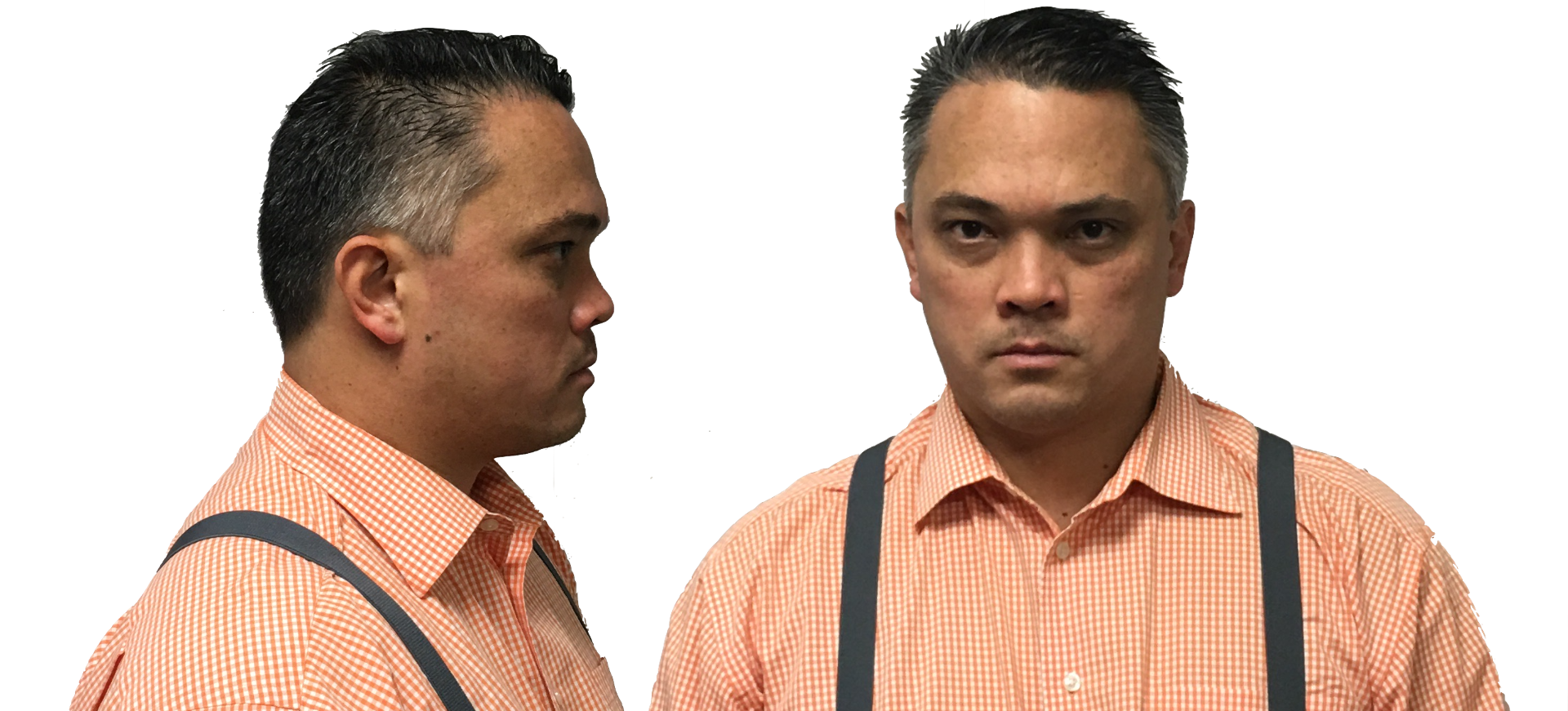VITAMINS
09 10,2013 Filed in:
MedicineAre vitamins necessary?
Vitamins are molecules which the body uses as 'co-factors' in a myriad of biochemical reactions every second of every day. Vitamins are found naturally occurring in the foods we eat and also available in dietary supplements in the form of pills and liquids. Probably the most common source of vitamins, outside of that through foods, is the 'multi-vitamin.' Multi-vitamins are typically pills that contain many different vitamins (A, D, E, K, etc.) and minerals (such as copper, iron, sulfur, etc.).
There is controversy among academics about whether vitamin supplementation is helpful in persons with a 'healthy, balanced diet.' You can find extremes in both camps that argue vociferously each way. The reality is that most people do not have a completely 'healthy, balanced diet' and would likely not be harmed, if not benefit, from a daily vitamin and mineral supplement.
There are some classic medical conditions associated with vitamin deficiencies such as Rickets, Scurvy, and Vitamin B12 deficiency. In my practice, I frequently see deficiencies of B12 and D. Truth be known, I find vitamin D deficiency much more often than B12. Vitamin D deficiency typically presents to me as fatigue, joint and muscle aches, and paresthesias (abnormal sensation, usually tingling). B12 deficiency can also produce some similar findings, so I usually check both levels when patients complain of these symptoms.
If you do have a vitamin deficiency it is vital to correct it to prevent long-term health problems. Also I have some patients use B12 as a supplement through weekly or monthly injection even if they have a normal vitamin B12 level. The thought is that B12 can give you 'energy' and help burn fat. I think that there is probably some validity to that given that it is one of the most popular injections that doctors gave historically, particularly with older patients. I just got one yesterday, so I'll let you know next time how it worked for me….

Tags: vitamins


